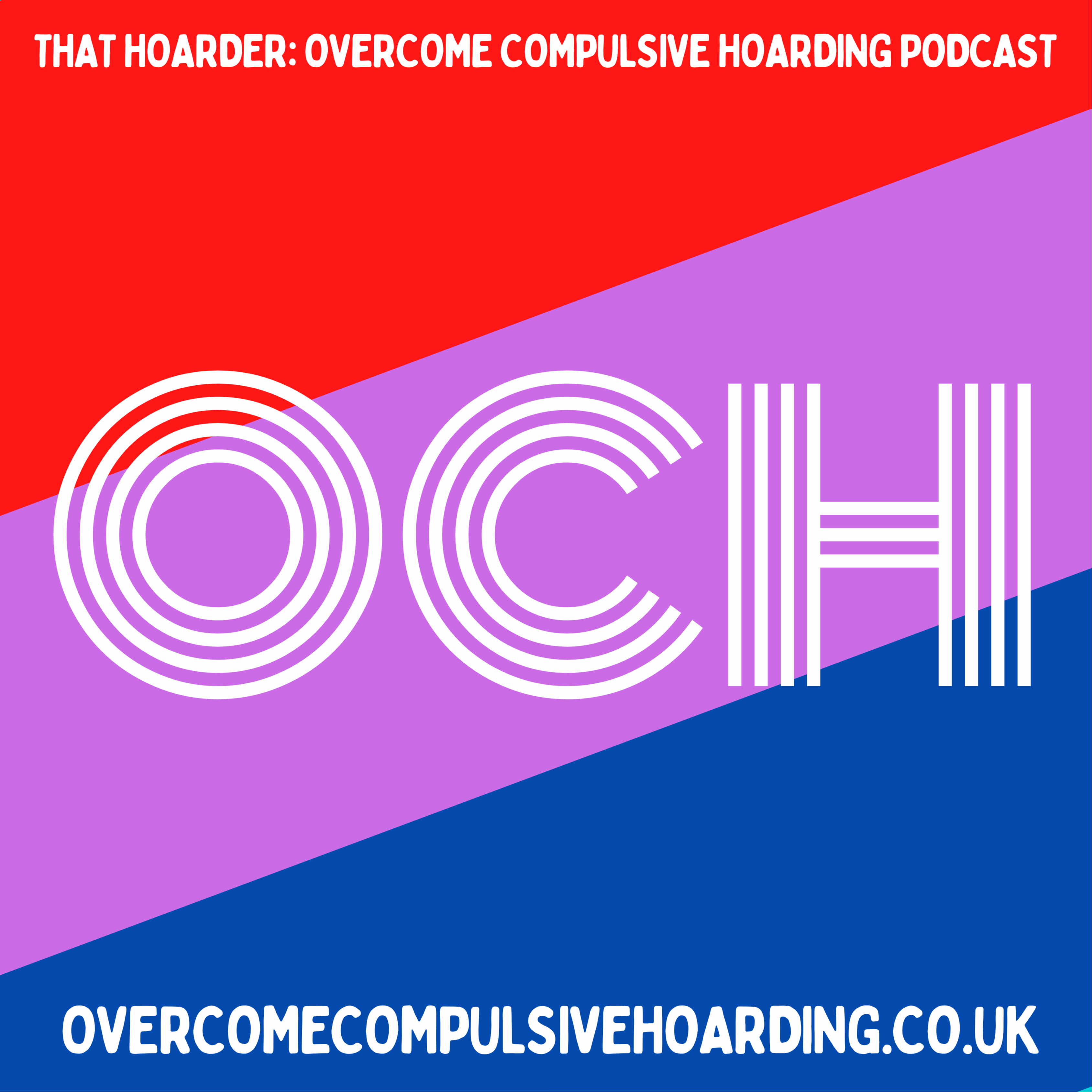
That Hoarder: Overcome Compulsive Hoarding
That Hoarder
Podcast
Episodes
Latest Episodes
Come to a Dehoarding Accountability Zoom Session: http://www.overcomecompulsivehoarding.co.uk/ticket Subscribe to the podcast: https://www.overcomecompulsivehoarding.co.uk/subscribe Podcast show notes, links and transcript: http://www.overcomecompulsivehoarding.co.uk/ Enjoy this deep dive into the research of Sharon Morein into hoarding and ADHD. For the full … Play episode
That Hoarder: Overcome Compulsive Hoarding RSS Feed


















































